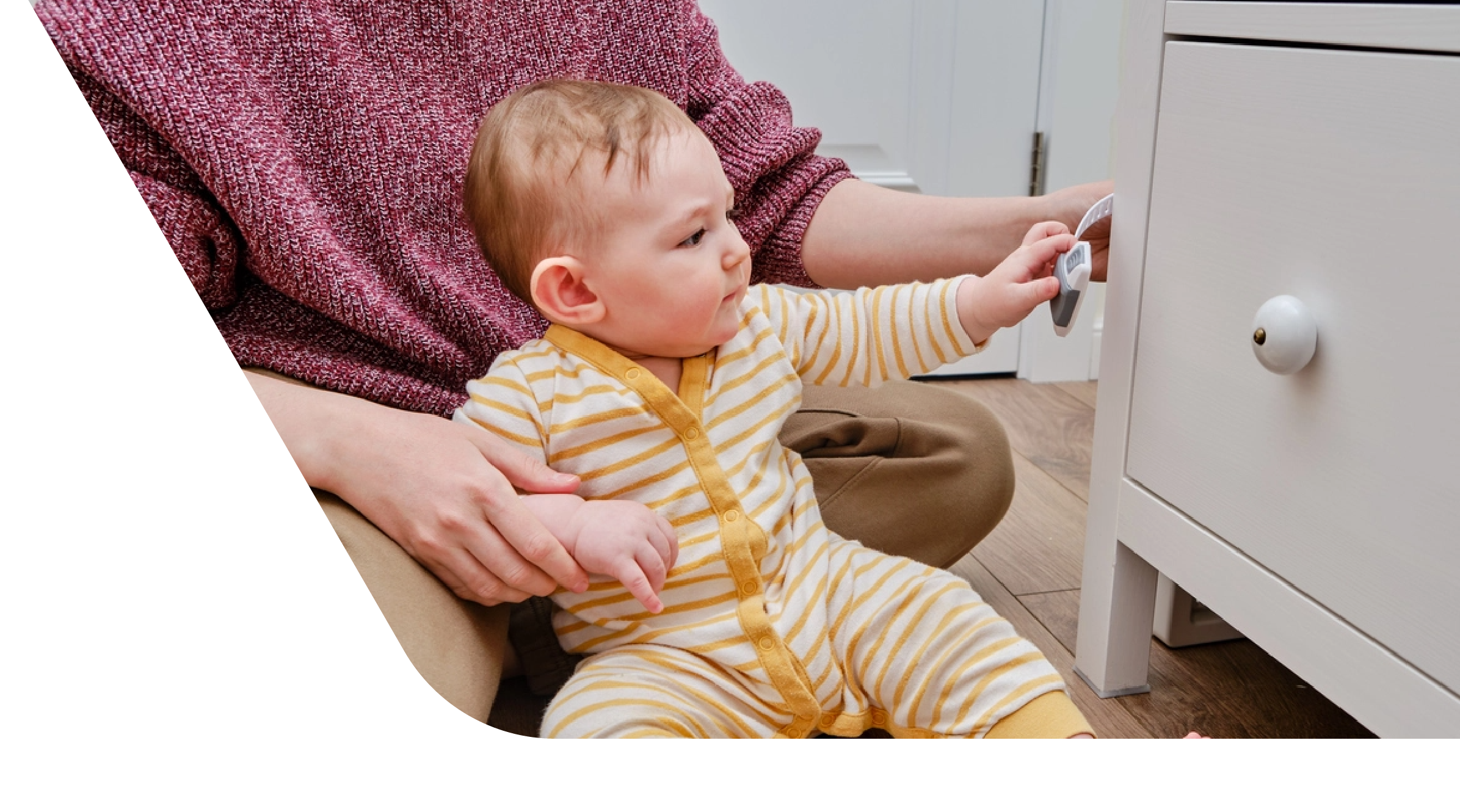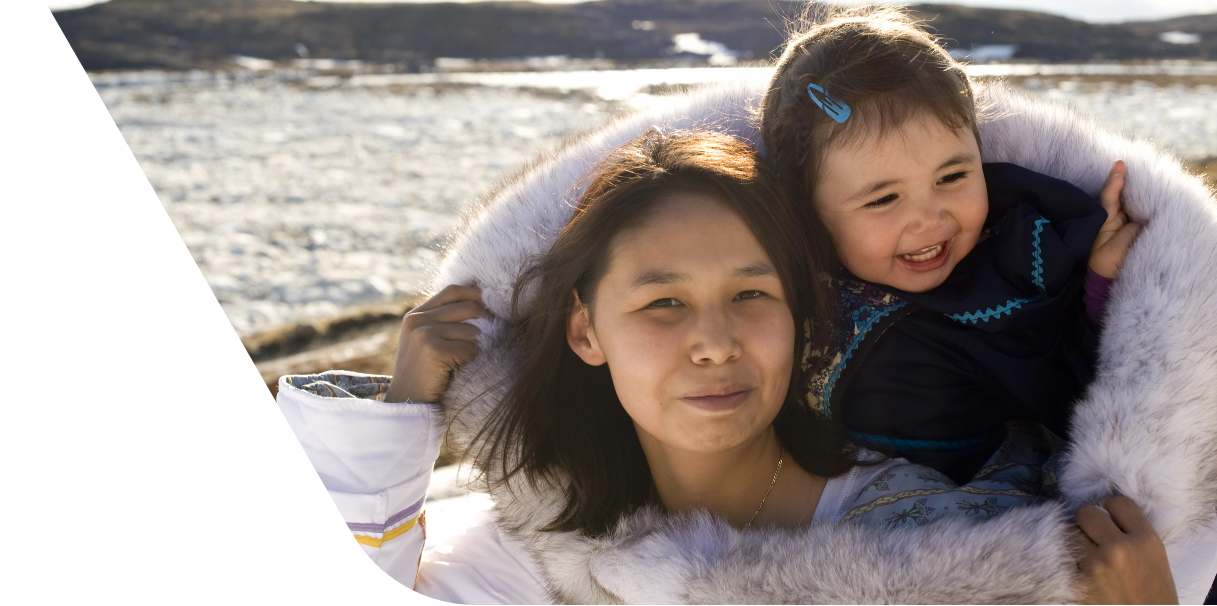SKIP TO CHAPTER

Your Baby: 9 to 12 Months
Your baby’s immune system has come a long way from its fragile beginnings. But that doesn’t mean she’ll never get sick. Colds and ear infections are common in otherwise healthy kids, but they’re not the sign of a weak immune system. In fact, they’re a good indication of a strengthening one. It’s through exposure to bacteria, viruses, and other foreign substances (called antigens) that children are able to build resistance. According to the American Academy of Pediatrics, most kids get eight to 10 colds before they turn 2! Perhaps that’s not so surprising when you consider that there are currently more than 100 different cold viruses in circulation.
These guidelines will help you protect your baby from unnecessary bugs while bolstering her immune system and overall health.
Nutrition
Offer a balanced diet.
The following nutrients are especially beneficial to the immune system: protein (found in lean meat and fish), vitamin A (in red or orange vegetables and eggs), vitamin C (in citrus and strawberries), vitamin E (in fortified cereals, safflower oil, and peanut butter), and zinc (in lean meat, seafood, whole grains, and beans).
Say yes to yogurt.
The live cultures in yogurt help boost the immune system. Look on the label names of live cultures, such as Lactobacillus acidophilus, Lactobacillus casei, Lactobacillus reuteri, and Bifidobacterium bifidum (or Bifidus).
Health Care
Keep up with vaccinations.
Your doctor will keep track of the shots your baby has received and recommend changes to the schedule if she misses any in a series.
Consider annual flu shots.
Your baby is old enough to start getting an annual flu shot—generally offered during the fall, before the start of flu season. If you opt to get one yourself, it can provide added protection for both of you.
Be sure your child’s day-care provider requires up-to-date immunizations for all children. When most (or all) people in a population have been immunized, contagious diseases are less likely to spread.
Germs
Don’t worry about eradicating all germs.
Even though your baby is probably putting everything in her mouth at this point, it’s OK to settle for clean enough when it comes to housekeeping. Many experts believe that the tendency in recent years toward over-sanitizing has contributed to the boom in childhood allergies. According to a well-regarded theory, known as the hygiene hypothesis, excessive cleanliness disrupts the natural development of the immune system by removing germs that allow humans to develop protective antibodies.
Keep antimicrobial wipes or hand sanitizer handy.
You don’t need to wipe down every toy or surface your baby touches, but it’s a good idea to clean her hands after they’ve been in dirt or she’s been around other kids. One study found that use of hand sanitizers reduced gastrointestinal illnesses by 59 percent -but, for safety’s sake, keep the hand sanitizer out of your child’s reach when it’s not in use.
Keep your child home if she’s sick.
When your baby is sick, her resistance is lower, making her more susceptible to picking up additional bugs. Also, you don’t want her to infect her friends.
Take extra precautions when dining out.
Carry antiseptic wipes to clean off the high-chair tray or tabletop at the restaurant. Better yet, bring along your own disposable mat or a bowl with suction cups.
Consider getting a pet.
Studies show that kids who are raised with cats and dogs have fewer allergies and cases of asthma, though researchers aren’t certain exactly why that’s the case.








